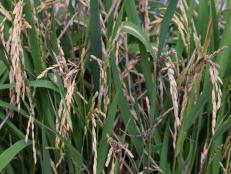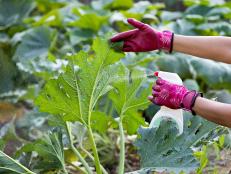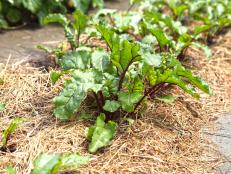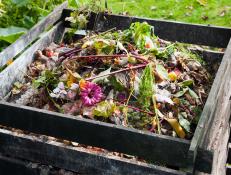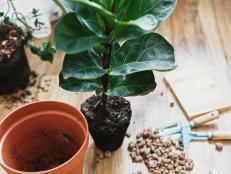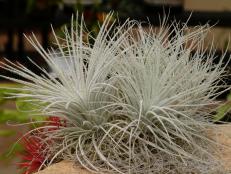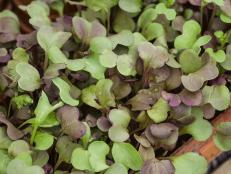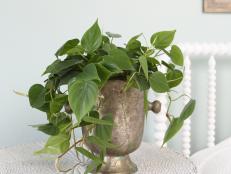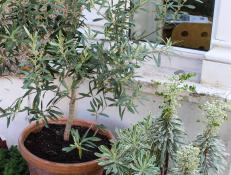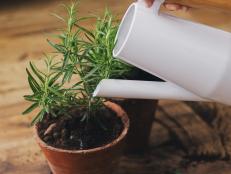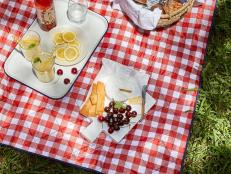Using Sea Kelp in the Garden


Image courtesy of Organics Rx.
Seaweed isn’t necessarily the first thing that leaps to mind when it comes to plant care, but that may be changing. A marine algae found growing in shallow ocean waters, kelp is not a new idea in gardening. Although the practice of using kelp to promote nutritional intake in plants has been around for decades, an increased interest in gardening without the use of synthetic products has brought kelp back into the spotlight. Unlike many amendments, kelp helps plants make the most of what already exists in the soil and the effects can be dramatic.
Tom Schreiber, CEO of OrganicsRx, a manufacturer of organic plant foods, gives us the lowdown on the organic powerhouse and explains what it can do for plants both indoors and out.
“Kelp has a lot of micronutrients,” says Schreiber, “but it also helps to open up root systems in plants to better take in the nutrients in the soil. It’s kind of like drinking from a coffee stir and then switching to a straw. Taking in more nutrition means stronger, healthier plants.”
The restorative effects of kelp on plants is largely due to high levels of cytokinin, a natural growth hormone that promotes cell division in plants, resulting in root and shoot growth, improved photosynthesis overall improvement in plant health. Kelp is also a powerful bio activator, which helps break down compost and plant material, improving soil conditions. Schreiber says plants of all kinds can benefit.
“Kelp can be used in a lot of ways. It can be spread on lawns in the summer to help beat the heat. It can be used in vegetable gardens, container gardens or on houseplants. It can be added to soil at the time of planting to give the roots an easier time during transplanting or used to help already established plants,” continues Schreiber. “If you have a plant that’s stressed and not doing well, (adding kelp to the soil) is almost like a vitamin shot and plants will perk right back up.”
“Organic gardening is something people want to get behind, but you need to be able to find clean, natural ways to encourage comparable or superior plant growth to what’s found with synthetic products. Kelp is an equalizer. It allows organic methods to work at a level that’s more consistent with synthetics.” For organic gardeners, Schreiber says kelp will help give them a leg up.
“It’s a clean, green and effective. Organic gardening is difficult, but kelp can make a substantial difference,“ concludes Schreiber. “Kelp makes it easy to go organic without feeling like it’s a sacrifice.”

.-Battle-on-the-Beach-courtesy-of-HGTV.-.jpg.rend.hgtvcom.196.196.suffix/1714761529029.jpeg)




